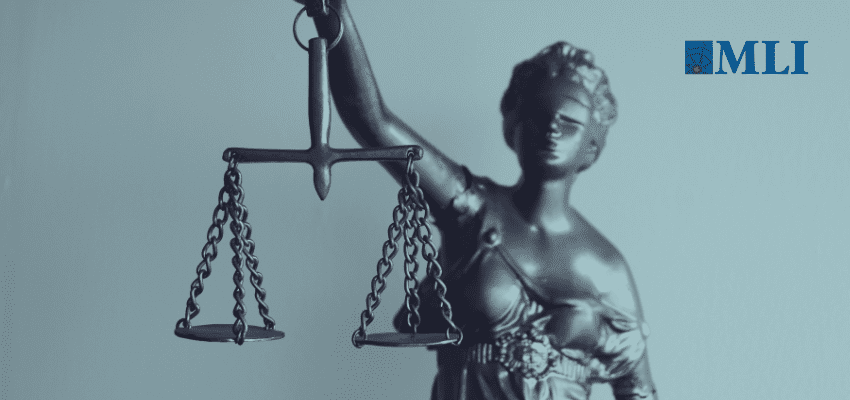This article originally appeared in the Hub. Below is an excerpt from the article.
By Dave Snow, August 6, 2024
The Canadian Human Rights Commission appears to be in disarray. Just as its scope is set to rapidly expand under the Online Harms Act, its incoming chief commissioner, expected to start work this week, is under scrutiny for posting social media links comparing Israelis to Nazis, while a Senate committee has accused the entire organization of anti-black racism.
In light of all this, it is worth investigating how Canada’s federal human rights institutions are operating. To do so, I reviewed every published decision at the Canadian Human Rights Tribunal between January 2019 and June 2024.
The results reveal a government organization that has actually issued very few decisions and has limited experience dealing with anything related to online hate speech, particularly antisemitism. Major concerns that the incoming Online Harms Act could “overload” Canada’s human rights institutions seem well-founded.
The federal human rights framework
To understand the commission’s role, it is first necessary to distinguish between four national human rights instruments and institutions. First, the Canadian Charter of Rights and Freedoms is part of the Canadian Constitution. It is designed to protect individuals from rights violations by governments. Charter-based rights claims are adjudicated by courts.
By contrast, the Canadian Human Rights Act protects Canadians from discrimination and harassment when employed by or receiving services from three types of organizations: the federal government, federally-regulated private companies, or First Nations governments. Each province and territory has a separate human rights framework to prevent discrimination in fields of provincial jurisdiction, which includes housing, education, and most places of employment.
The Canadian Human Rights Commission investigates complaints of discrimination and harassment under the federal Act. The commission then refers the most serious complaints to the Canadian Human Rights Tribunal, an administrative body. The remaining complaints are either dismissed, settled, or decided by the commission for procedural reasons. Between 2019 and 2023, the commission received a total of 4,508 new complaints and referred 626 to the tribunal.
Once a complaint is referred to the tribunal, if mediation between parties cannot be agreed upon, a tribunal member holds a hearing to determine the scope of discrimination or harassment and to issue remedies. Tribunal decisions are administrative rather than judicial rulings, though they are subject to judicial review by the Federal Court of Canada.
As University of Ottawa law professor Stéphane Sérafin notes, the human rights framework differs from criminal or civil litigation, because the human rights commission, not the complainant, “takes up the burden of proof and the costs of prosecution.”
Though this is “intended to alleviate burdens that might deter individuals from bringing otherwise valid discrimination complaints before the Tribunal,” this model raises the possibility that the complaints process can be weaponized. Recent years have seen prominent examples of the weaponization of provincial tribunals, such as when a British Columbian transgender woman brought 15 (ultimately unsuccessful) complaints against estheticians who refused to wax male genitalia.
While the Canadian Human Rights Tribunal decisions have not been as newsworthy as provincial ones, the Canadian Human Rights Commission has been making headlines.






